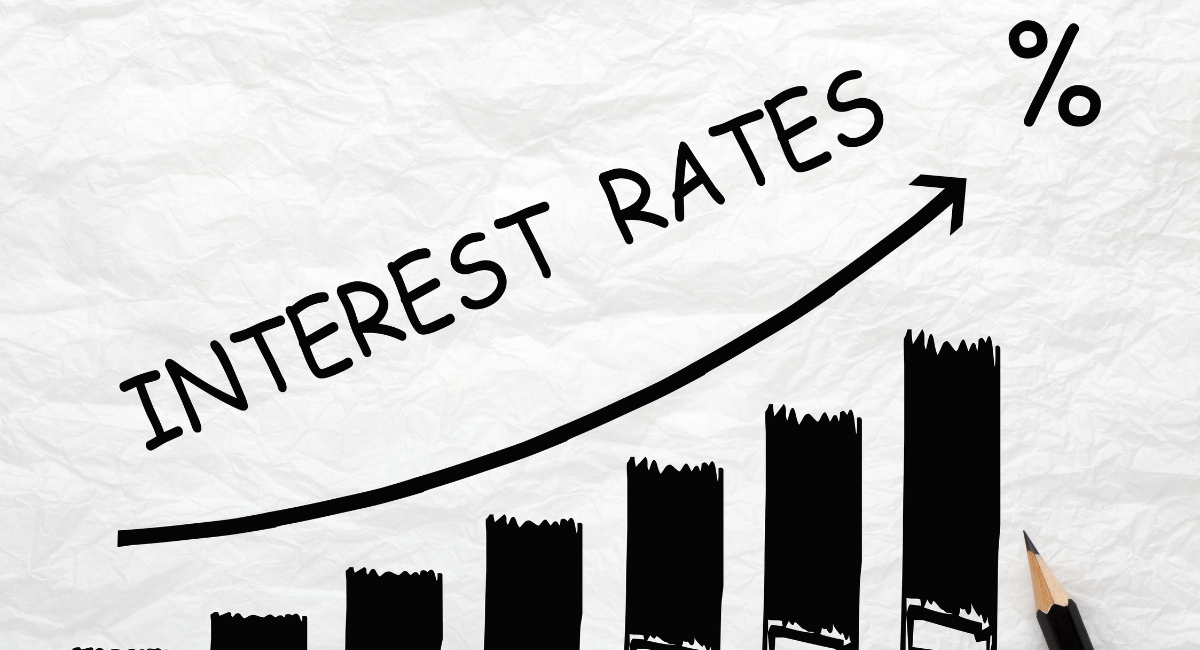Hard money loans are the savior for those who are unable to acquire financing through traditional means.
However, you must know the interest rate of the type of hard money loans can be much higher when compared to those during 2020-22.
Now, the interest rate of conventional loans has tripled in some cases while the hard money interest has increased to a great extent.
As of now, the hard money interest rates range between 9.5% and 12% for a first-position loan. In the case of the second position, the interest rate can be between 12% to 14%.
Now, if you are unaware of the interest rate and other essential points of hard money loans, then the guide here will be helpful for you to get clear insights. Do read it to understand things better.
Understanding Hard Money Lenders’ Interest
When it comes to hard money loans, the lenders are taking a huge amount of risk. After all, they are providing the financing irrespective of the credit score. This puts them in a tough situation.
This is their way to keep themselves secure and avoid any issues later on. So, the interest rate of the loans is comparatively high.
The details here will help you understand better about the hard money loans and the interest rate.
Factors Influencing Hard Money Loan Interest Rate
There are numerous factors that can put stress on hard money loan interest rates, such as the property’s condition, credit of the borrower, location, LTV, and a lot more.
The lender will carefully analyze it all to understand the risk of the loan. When the loan is riskier, the interest rate is likely much higher than the regular one. Now, here, let’s check out the facts in detail.
1. Risk Profile of The Borrower
The most important thing the lender will keep in mind or consider when providing a loan is the risk profile of the borrower. The lenders start by assessing the risk associated with the borrower.
This will include checking the financial stability, credit history, and experience with real estate investments. When the borrower is found to be risky, then the interest rate will be a lot higher.
2. Property Condition And Location
In the case of hard money loans, the property the borrower chooses to invest in is considered as collateral to acquire the loan.
In case anything goes wrong, the lender will have the right over the property to sell it off and get back the money he has provided as financing.
This is why the lender puts an extra effort into understanding the condition and location of the property, as it can greatly impact the interest rate.
The properties that are located in desirable areas or are in good condition will seem to be less risky and thus will qualify for a lower interest rate.
3. Loan-To-Value Ratio
The ultimate ratio compares the loan amount to the appraised value of the property. Thus, it plays a significant role.
When there is a lower Loan-to-value ratio, it will result in a lower interest rate. This means the property will provide better security for the loan.
4. Loan Term
Short-term loans generally come with higher interest rates when compared to long-term loans.
Further, the lenders can even charge for quick funding or convenience associated with the hard money loans. This can greatly impact the interest rate and also the charges associated with getting the loan.
5. Lender’s Assessment
Each of the hard money lender has got their own method of assessment and underwriting. They will consider various factors, such as the potential profitability of their business and real estate projects before they finalize the interest rate.
It requires a lot of time and research from their end to understand the credibility of the borrower and then make decisions based on it.
6. Market Conditions
The market and economic conditions prevailing in a specific area can greatly impact the hard money loan rates. The lenders will go ahead to adjust the rate in response to the changing market conditions.
How Does A Hard Money Loan Interest Rate Differ From A Traditional Bank Loan Rate?
When compared to traditional bank loan rates, the hard money loan interest rate can be a lot higher.
Traditional banks generally provide lower interest rates because they have strict lending rules and criteria. Also, they have access to lower hard money loan costs and benefits funds.
In contrast, hard money lenders charge higher interest rates because they provide borrowers with funding in all situations, even to those borrowers who are unable to qualify for a loan through traditional means or have any credit issues.
The unique nature of the real estate business or the projects requires better assurance. This is why the interest rates here can be a lot higher.
What Is The Impact Of Credit Score On Hard Money Loan Interest Rate?
The credit score can have a major impact on the hard money loan interest rates because hard money lenders check credit scores, but they are not as critical when compared to traditional bank loans.
Hard money lenders are generally focused on the potential value of the property offered as collateral. Generally, a low credit score can result in a higher interest rate or stronger terms.
But it is also possible to secure a hard money loan even with a less-than-perfect credit history if the project and the property have a great deal and make sense to the lender.
But keep in mind if the exit strategy for a short-term hard money loan is acquiring a long-term additional loan, then the lender will be a lot more concerned with the credit history of the borrower.
Conclusion
The hard money loan interest rate can be a lot higher when compared to the additional options.
However, it is also the availability of the financing during the critical moments that makes it absolutely safe and a preferable one. So, if you are looking for financing during tough times, you can consider contacting Private Capital Investors to get the support.
Their professionals will be there to help you understand the available choices and then pick the best deal possible.





